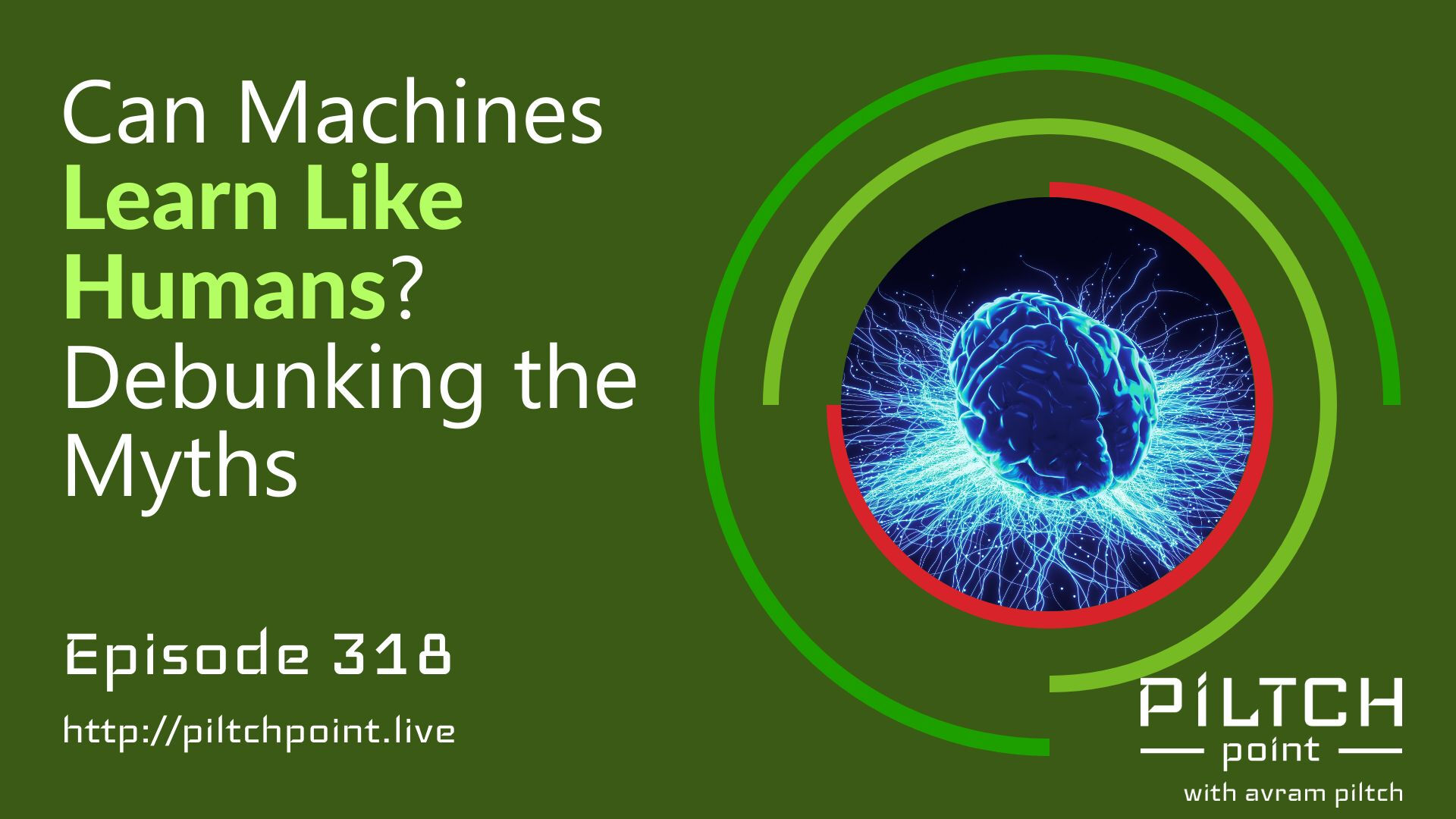Published: Sept. 19, 2023, 10:06 p.m.
b'Large language models and AI learning have become increasingly prominent in recent years. These models, such as ChatGPT, Google BARD, and Bing Chat, have changed some of the ways we interact with technology and have raised important questions about their learning capabilities and the ethical implications surrounding their use.
Large language models and AI learning
When discussing AI, it is crucial to understand the distinction between AI as a broad term and specific subsets of AI, such as large language models and generative AI. These models are designed to learn and generate responses based on the data they have been trained on. They can analyze vast amounts of text and classify it into tokens, which are then used to build a database for generating responses.
One common concern surrounding large language models is the source of their training data. To train their software, these models rely on scraping billions of web pages, including copyrighted materials. This raises legal and moral questions about the use of copyrighted content without permission. Copyright infringement lawsuits have been filed, and the outcome will determine the legality of this practice.
Do computers deserve to learn like humans?
However, the argument that large language models are akin to humans and should have the right to learn like humans is flawed. These models do not possess consciousness or the ability to understand and learn in the same way humans do. They are not creative thinkers but rather sophisticated algorithms that process data and generate responses based on patterns and probabilities.
To better comprehend how large language models learn, it is essential to examine their classification process. These models convert text into tokens, assigning unique IDs to each token. Words are divided into tokens, and even punctuation marks are considered tokens. The models then analyze the tokens and classify them based on patterns and associations found in the training data.
This classification process is vastly different from human learning. Humans possess consciousness, emotions, and the ability to make ethical decisions. Large language models lack these qualities and merely process data without true understanding or moral judgment. It is crucial to recognize this distinction to avoid misconceptions and ethical dilemmas.
The future potential of AI
While large language models have undeniable potential and utility, it is essential to approach their use with caution and ethical considerations. The legal and moral questions surrounding their training data and the responsibility of the companies that own and develop these models need to be addressed. Transparency, accountability, and respect for copyright laws are crucial in ensuring the responsible development and use of AI technology.
In conclusion, large language models and AI learning have transformed the way we interact with technology. However, it is vital to understand the limitations of these models and the ethical implications of their use. Recognizing the distinction between AI and human learning is crucial in fostering responsible development and use of AI technology.
Scott is a developer who has worked on projects of varying sizes, including all of the PLUGHITZ Corporation properties. He is also known in the gaming world for his time supporting the rhythm game community, through DDRLover and hosting tournaments throughout the Tampa Bay Area. Currently, when he is not working on software projects or hosting F5 Live: Refreshing Technology, Scott can often be found returning to his high school days working with the Foundation for Inspiration and Recognition of Science and Technology (FIRST), mentoring teams and helping with ROBOTICON Tampa Bay. He has also helped found a student software learning group, the ASCII Warriors, currently housed at AMRoC Fab Lab.
Avram\'s been in love with PCs since he played original Castle Wolfenstein on an Apple II+. Before joining Tom\'s Hardware, for 10 years, he served as Online Editorial Director for sister sites Tom\'s Guide and Laptop Mag, where he programmed the CMS and many of the benchmarks. When he\'s not editing, writing or stumbling around trade show halls, you\'ll find him building Arduino robots with his son and watching every single superhero show on the CW.
'
